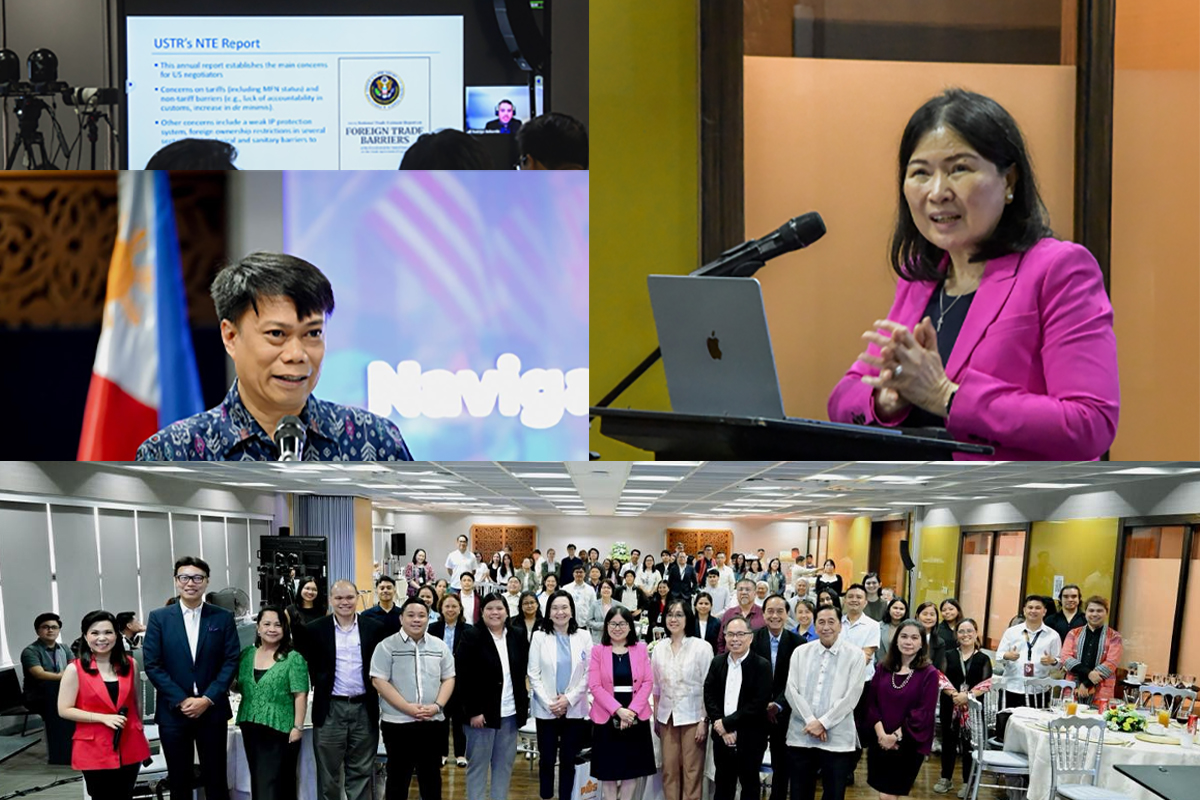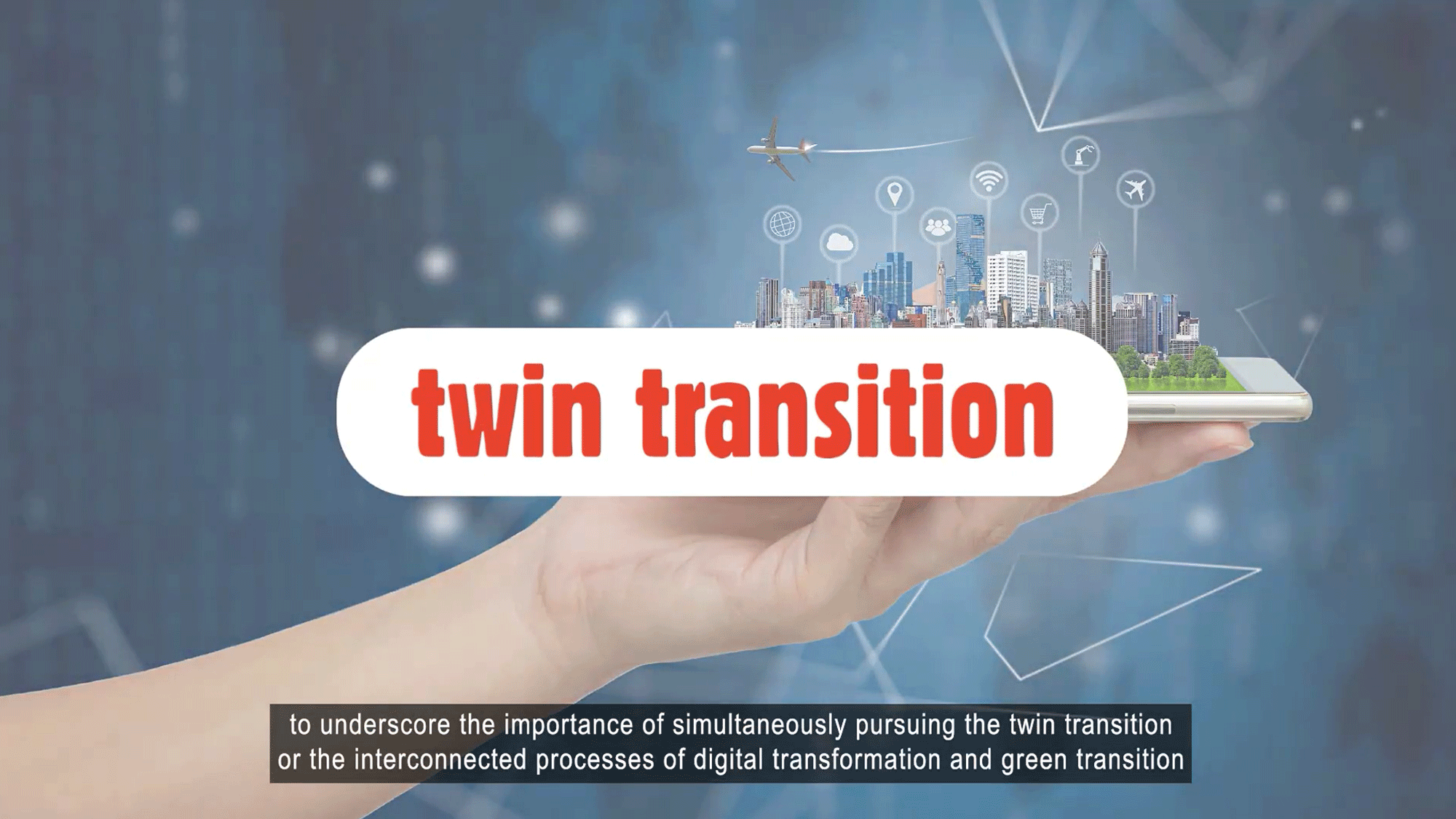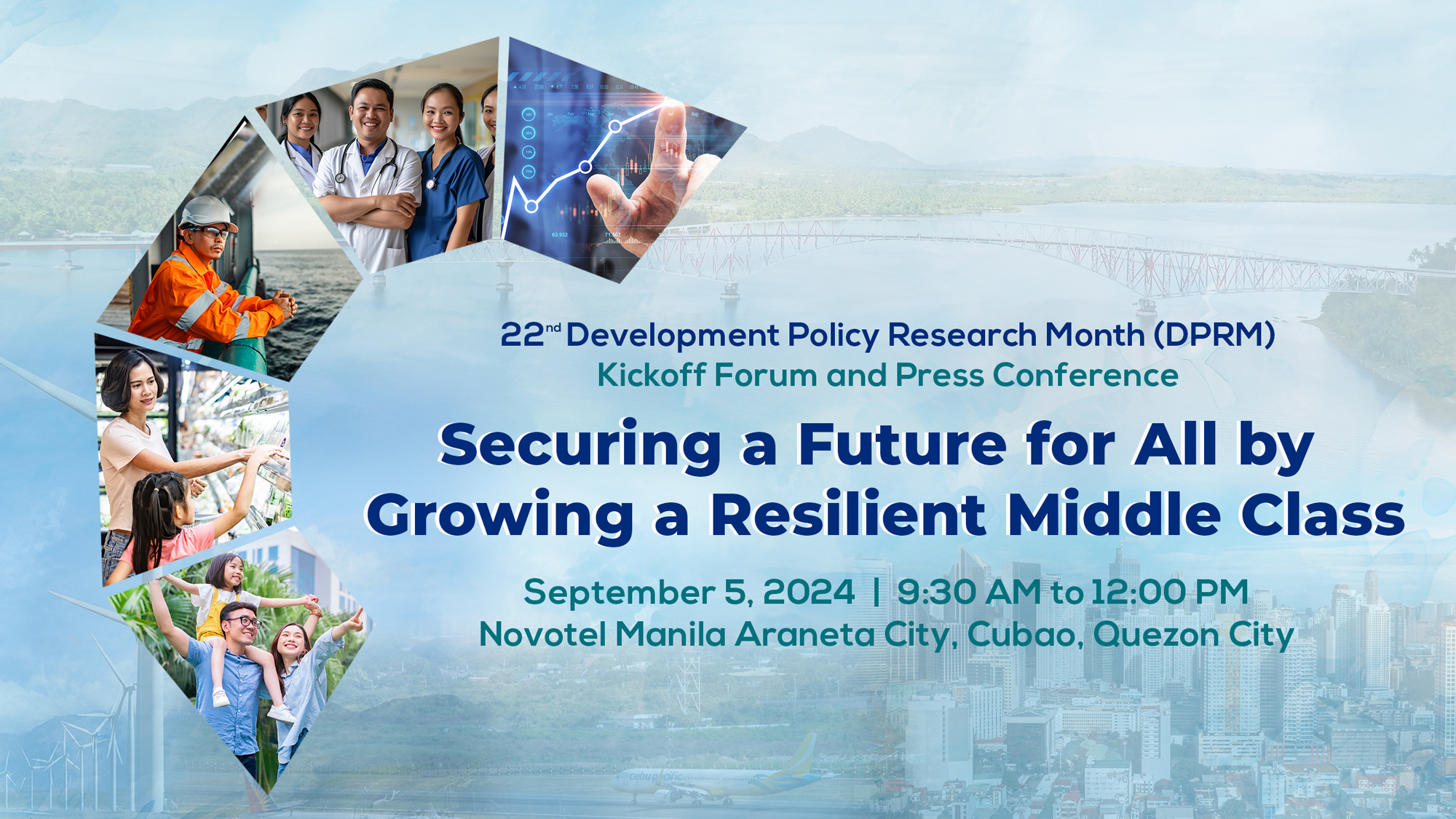
The Philippines needs to develop an enabling "ecosystem" of policies and institutions to scale up social enterprises.
In a recent study released by state think tank Philippine Institute for Development Studies (PIDS), authors Marife Ballesteros and Gilberto Llanto remarked that social enterprises can be an important force in addressing the gaps between the country's paradoxical experience of positive growth and persistent poverty.
Ballesteros and Llanto, PIDS acting vice president and president, respectively, noted that the current policy environment has failed to capture the needs of social enterprises which in turn has hampered their growth. The emergence of community economies, which include social enterprises, presents a unique set of policy and institutional requirements.
Social enterprises, compared to for-profit enterprises and nonprofit organizations, are businesses that put communities at the center of their enterprise. At the core of their objectives include promoting social welfare, enabling sustainable development, and encouraging investments for empowering communities.
Currently, the United Nations has included community economy as part of its social and solidarity economy agenda, which gives attention and support to businesses that "can be vehicles for profit, people empowerment, peace, and other moral imperatives".
A 2013 survey by the Institute for Social Entrepreneurship in Asia reported that around 30,000 organizations in the Philippines may be classified as social enterprises. They are made up of firms in various forms, including social cooperatives, fair trade organizations, microfinance institutions, and trading and development companies.
Currently, there is a proposed bill in Congress that focuses on addressing the policy needs of social enterprises. Like the Magna Carta for MSMEs and the Barangay Micro Business Enterprises Act, the Poverty Reduction through Social Entrepreneurship or PRESENT Act includes important provisions on tax exemptions, special credit windows and guarantee funds, support for local government units, and other considerations like cash incentives for social enterprises that employ people with disabilities, comprehensive insurance for calamities, and resources from the government for comprehensive capacity building.
Ballesteros and Llanto explained that unlike the other two laws, the PRESENT bill does not promote the exemption of social enterprises from the minimum wage law. This is because they "are known to pay above the minimum wage and apply other fair trade principles".
However, the bill faces visceral challenges, including a question of definitions, where there is currently a "lack of agreement" on what differentiates social enterprise activities from those of for-profit and nonprofit entities. There is also a question of social enterprises overlapping with social protection policies and programs of the government.
That said, the authors acknowledge the potential of social enterprises as an avenue to respond to social challenges left unmet by existing entities—whether they are of the state, the for-profit sector, or the nonprofit sector.
"The Philippines has a social and cultural environment conducive for social entrepreneurship to emerge. This is largely attributed to the widespread focus in the country on the bottom-of-the-pyramid issues and the strong participation of the civil society and the private sector in social issues," concluded the authors. It would beneficial for the Philippines to nurture that environment through sound policies.
If you wish to know more about this study, download a copy of the Policy Note from this page: http://www.pids.gov.ph/dp.php?id=5781&pubyear=2017
Photo Credit: www.valenzuela.gov.ph
In a recent study released by state think tank Philippine Institute for Development Studies (PIDS), authors Marife Ballesteros and Gilberto Llanto remarked that social enterprises can be an important force in addressing the gaps between the country's paradoxical experience of positive growth and persistent poverty.
Ballesteros and Llanto, PIDS acting vice president and president, respectively, noted that the current policy environment has failed to capture the needs of social enterprises which in turn has hampered their growth. The emergence of community economies, which include social enterprises, presents a unique set of policy and institutional requirements.
Social enterprises, compared to for-profit enterprises and nonprofit organizations, are businesses that put communities at the center of their enterprise. At the core of their objectives include promoting social welfare, enabling sustainable development, and encouraging investments for empowering communities.
Currently, the United Nations has included community economy as part of its social and solidarity economy agenda, which gives attention and support to businesses that "can be vehicles for profit, people empowerment, peace, and other moral imperatives".
A 2013 survey by the Institute for Social Entrepreneurship in Asia reported that around 30,000 organizations in the Philippines may be classified as social enterprises. They are made up of firms in various forms, including social cooperatives, fair trade organizations, microfinance institutions, and trading and development companies.
Currently, there is a proposed bill in Congress that focuses on addressing the policy needs of social enterprises. Like the Magna Carta for MSMEs and the Barangay Micro Business Enterprises Act, the Poverty Reduction through Social Entrepreneurship or PRESENT Act includes important provisions on tax exemptions, special credit windows and guarantee funds, support for local government units, and other considerations like cash incentives for social enterprises that employ people with disabilities, comprehensive insurance for calamities, and resources from the government for comprehensive capacity building.
Ballesteros and Llanto explained that unlike the other two laws, the PRESENT bill does not promote the exemption of social enterprises from the minimum wage law. This is because they "are known to pay above the minimum wage and apply other fair trade principles".
However, the bill faces visceral challenges, including a question of definitions, where there is currently a "lack of agreement" on what differentiates social enterprise activities from those of for-profit and nonprofit entities. There is also a question of social enterprises overlapping with social protection policies and programs of the government.
That said, the authors acknowledge the potential of social enterprises as an avenue to respond to social challenges left unmet by existing entities—whether they are of the state, the for-profit sector, or the nonprofit sector.
"The Philippines has a social and cultural environment conducive for social entrepreneurship to emerge. This is largely attributed to the widespread focus in the country on the bottom-of-the-pyramid issues and the strong participation of the civil society and the private sector in social issues," concluded the authors. It would beneficial for the Philippines to nurture that environment through sound policies.
If you wish to know more about this study, download a copy of the Policy Note from this page: http://www.pids.gov.ph/dp.php?id=5781&pubyear=2017
Photo Credit: www.valenzuela.gov.ph












